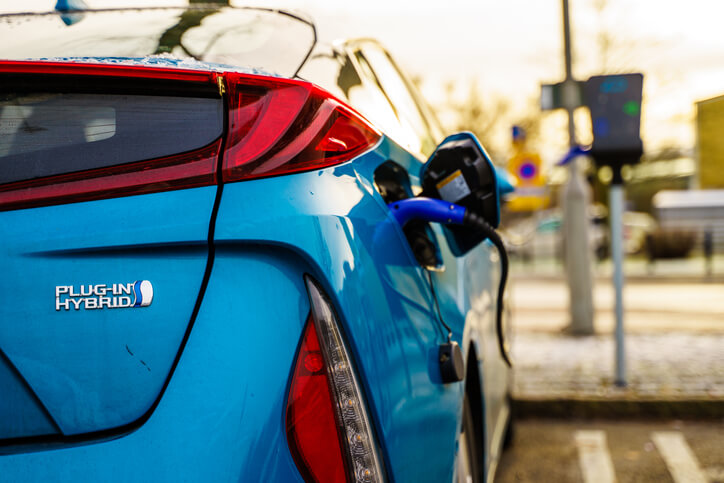3 Interesting Work Duties To Look Forward To After Hybrid And Electrical Mechanic Training
In recent years, there’s been an explosive surge in the interest and adoption of hybrid and electric vehicles (EVs). With the auto industry’s major pivot towards sustainability and reducing emissions, the need for technicians specifically trained in the mechanics of these vehicles is skyrocketing.
An Electric Vehicle (EV) technician is a burgeoning role encompassing a range of designations within the electric and smart transportation (EST) sector. Primarily, EV technicians collaborate with engineers in crafting and producing EVs, while also undertaking both preventative and restorative maintenance on the vehicles and their parts. Their expertise extends to heavy and light road vehicles, as well as recreational, marine, or specialized vehicles tailored to sectors like agriculture, forestry, or mining.
Completing hybrid and electrical mechanic training from an accredited auto mechanic school can set one up for a lucrative and exciting career. Here are three exhilarating work duties that every hybrid and electric vehicle mechanic can eagerly anticipate.
1. Diagnostics and Repair of High Voltage Systems
One of the most intriguing aspects of hybrid and electric vehicles is their reliance on high voltage systems. Unlike traditional vehicles, which primarily depend on internal combustion engines, hybrids and EVs have intricate electrical components. After undergoing hybrid and electrical mechanic training, you’ll be uniquely positioned to handle these systems.
These systems, including lithium-ion batteries, electric motors, and high-voltage controllers, are the heart and soul of EVs. As a mechanic specializing in this field, your expertise will be paramount in diagnosing issues, troubleshooting, and carrying out essential repairs. Not only will you be in high demand, but you’ll also experience the satisfaction of working with the latest technology in the automotive world.

2. Software Upgrades and Firmware Updates
Hybrid and electric vehicles represent a harmonious fusion of software and hardware, mirroring the evolution of automotive engineering in the 21st century. With the advancement of technology, modern EVs can aptly be described as high-tech computers mounted on wheels. Pursuing a course at an auto mechanic school not only equips you with the skills to work on the physical components of these vehicles but also introduces you to the dynamic world of software upgrades and firmware updates.
Such digital enhancements are not merely peripheral. They are essential for guaranteeing the vehicle’s optimal functionality, bolstering performance, prolonging battery lifespan, and occasionally, introducing innovative features that elevate the driving experience. As a mechanic specializing in hybrid and electric vehicles, you stand at the forefront of this technological convergence. Your expertise ensures that software integrations are executed flawlessly, guaranteeing that the vehicle’s myriad systems work in concert, offering drivers a seamless and efficient driving experience.

3. Advanced Propulsion System Maintenance
The propulsion system in hybrid and electric vehicles is a blend of an electric motor and, in the case of hybrids, an internal combustion engine. This dual system requires specialized knowledge to maintain and repair, offering mechanics a challenge that’s both stimulating and rewarding.
Ensuring that the electric motor functions optimally, managing the transition between the electric drive and the traditional engine in hybrids, and making sure that the regenerative braking systems (which recover energy and use it to charge the vehicle’s battery) are working correctly are just a few aspects of this duty. It’s a fascinating mix of the old and the new, and it’s a testament to how far automotive technology has come.
Do you want to become a hybrid and electric vehicle mechanic?
Contact ATC Surrey for more information.


